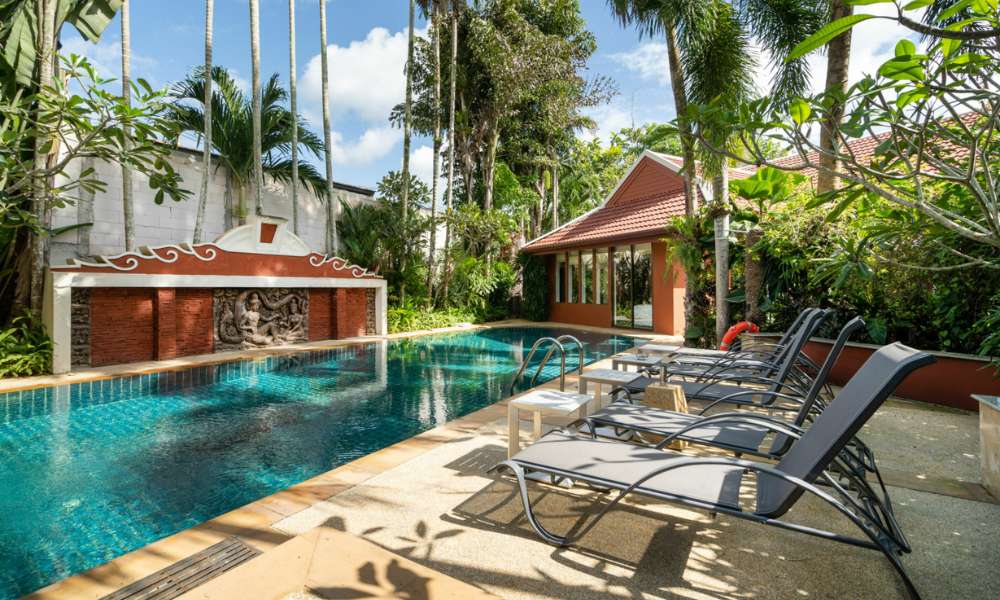Heating an outdoor pool can transform your backyard into a year-round paradise, offering comfort and luxury no matter the season. Whether you’re looking to extend those summer vibes into the cooler months or simply want to ensure a consistently warm swim experience, mastering the art of pool heating is key. In this guide, we’ll explore various effective methods to heat your outdoor pool, balancing efficiency, cost, and environmental considerations, ensuring your aquatic haven is just a dip away from perfection. Let’s dive into the warm, welcoming waters of pond heating and unlock the secrets to a blissful, year-round swim experience!
What Are The Different Options For Heat An Pool?
There are several options for heat an pool, depending on your budget and preferences. One common method is using a gas heater, which can quickly heat the pool to the desired temperature and is relatively inexpensive to install. Another option is a heat pump, which uses electricity to capture heat from the air and transfer it to the pond water. While more expensive upfront, heat pumps are more energy-efficient and can save money in the long run.
Long Does It Take To Heat An Outdoor Pool?
The time it takes to heat an outdoor pool depends on several factors, such as the size of the pool, the type and power of the heating system, and the starting temperature of the water. In general, using a standard gas or electric heater, it can take anywhere from 24 to 72 hours to heat an outdoor pond to a comfortable swimming temperature. However, this can vary widely based on the specific circumstances.
Are There Eco-Friendly Ways To Heating An Outdoor Pond?
Yes, there are several eco-friendly ways an outdoor pond. One option is to use a solar pond heater, which utilizes the sun’s energy to warm the water. Solar heaters are cost-effective and have minimal environmental impact, making them a popular choice for eco-conscious pool owners.
Gas Pool Heaters: Fast and Powerful
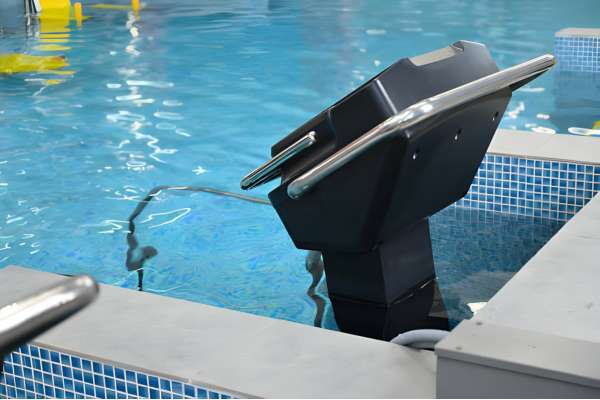
Gas pool heaters stand out for their speed and efficiency. They’re the sprinters of pond heating, quickly bringing the water to your desired temperature. Ideal for pools that aren’t used daily, these heaters can warm up the pond rapidly ahead of a swim, making them perfect for impromptu pool parties or a quick dip after work. The power of gas heaters lies in their ability to maintain a consistent temperature regardless of the weather, offering a reliable heating solution.
Weighing the Costs and Benefits
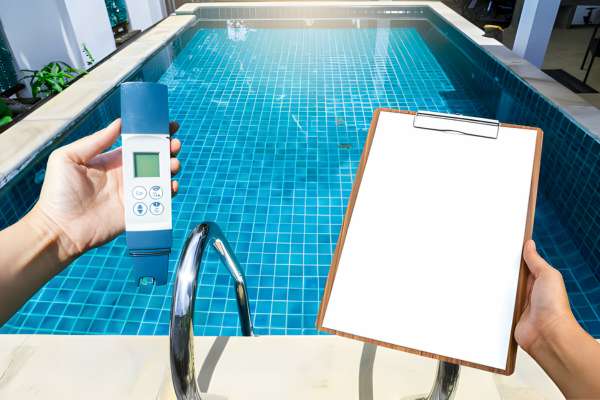
Choosing a pool heating method involves balancing upfront costs with long-term benefits. Solar heaters, while cost-effective in the long run, have higher initial installation costs. Gas and electric heaters, on the other hand, may be less expensive to install but can lead to higher energy bills. It’s essential to consider both the immediate financial impact and the ongoing expenses to make a well-informed decision that suits your budget and lifestyle.
Assessing Environmental Component
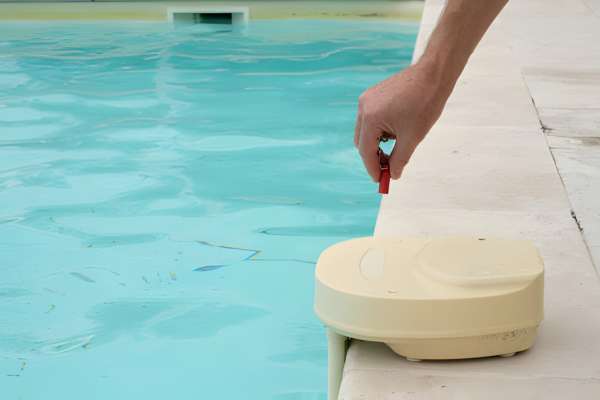
The environmental impact of your pond heating method is a crucial factor. Solar heaters and heat pumps are more eco-friendly, significantly reducing your carbon footprint. In contrast, gas heaters, while efficient, can have a higher environmental impact due to their fuel consumption. Choosing a heating method that aligns with your environmental values is not only good for the planet but can also be satisfying personally.
Energy Efficiency
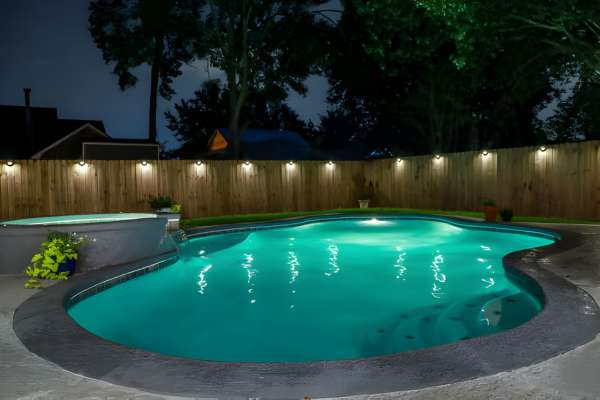
Energy efficiency is not only about reducing energy consumption but also about optimizing the use of resources. One key aspect of energy efficiency that is often overlooked by clean landscaping stones. By strategically placing trees and shrubs around a property, you can provide natural shade and reduce the need for air conditioning during hot summers. Additionally, choosing native plants that thrive in your climate can lower water usage for irrigation, contributing to overall energy savings.
Elementary DIY Heating Methods
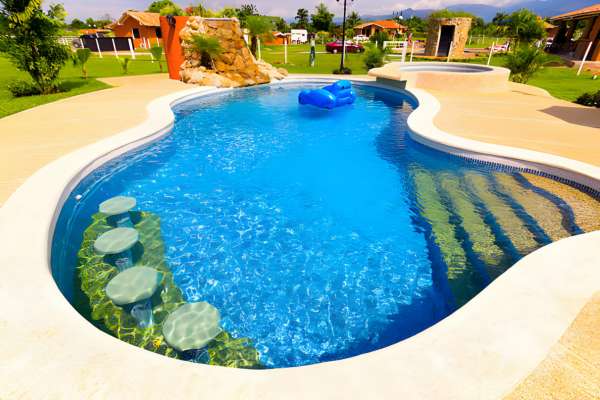
For the hands-on homeowner, there are several DIY pond heating methods. From solar blankets that trap heat and reduce evaporation to homemade solar panels, these solutions can be both cost-effective and gratifying. While they might not offer the same power as commercial heaters, they can be a good complement or a low-cost alternative for milder climates.
Commercial Options for Your Pool Heating
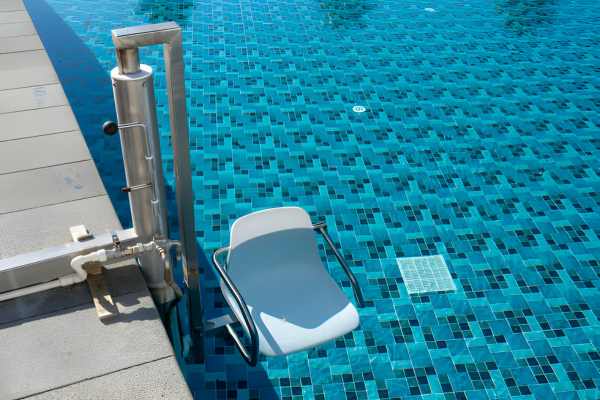
Commercial pool heating solutions offer a range of options tailored to different needs and pond sizes. From advanced heat pumps to high-capacity gas heaters and electric models ideal for smaller pools, these systems are designed for efficiency and durability. Professional installation ensures optimal performance and can offer warranties and service plans for peace of mind.
Estimating Costs for Different Heating Structures
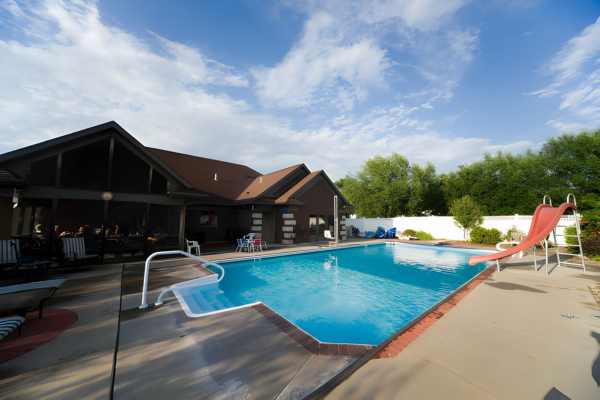
Understanding the cost implications of different heating methods is crucial. Solar heaters typically have higher upfront costs but lower operational costs. Gas and electric heaters might be cheaper to install but can be more expensive to run. Analyzing these costs in the context of your pond size, climate, and usage patterns can help you choose the most economical option.
Troubleshooting Common Issues
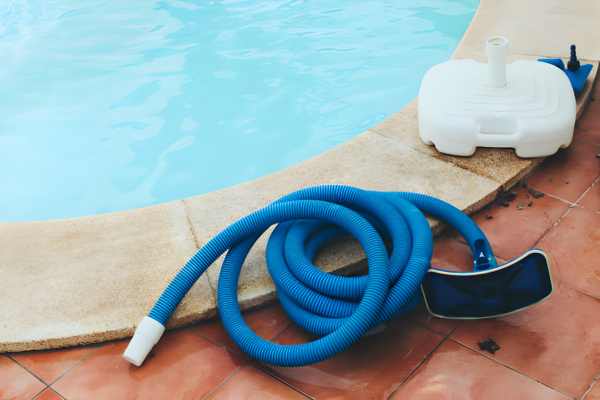
Even the best pond heating systems can encounter issues. From maintenance tips for gas heaters to troubleshooting common problems with solar panels or heat pumps, being informed can help you address problems quickly and efficiently. Regular maintenance is key to prolonging the life of your heating system and ensuring consistent performance.
Enjoying a Warm Outdoor Pool
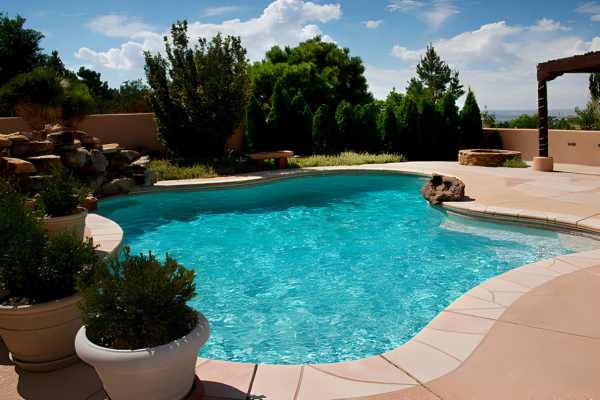
Ultimately, the goal of heating your outdoor pool is to enhance your swimming experience. A warm pond can be a luxurious retreat, a focal point for family gatherings, or a serene escape for solo swims. With the right heating solution, you can enjoy your pond in comfort, extending the swimming season and making the most of your outdoor space.
The Final Thought
Heating an outdoor pool can significantly extend the swimming season and provide a more enjoyable experience for pond users. By considering factors such as budget, size of pool, and energy efficiency, individuals can make informed decisions about the best heating options for their specific needs. Whether it’s solar heaters, heat pumps, or gas heaters, there are various solutions available to suit different preferences and circumstances. Proper maintenance and regular upkeep of the heating system is crucial for optimal performance and longevity. With careful planning and investment in the right heating equipment, anyone can enjoy a warm and inviting outdoor pond throughout the year.
